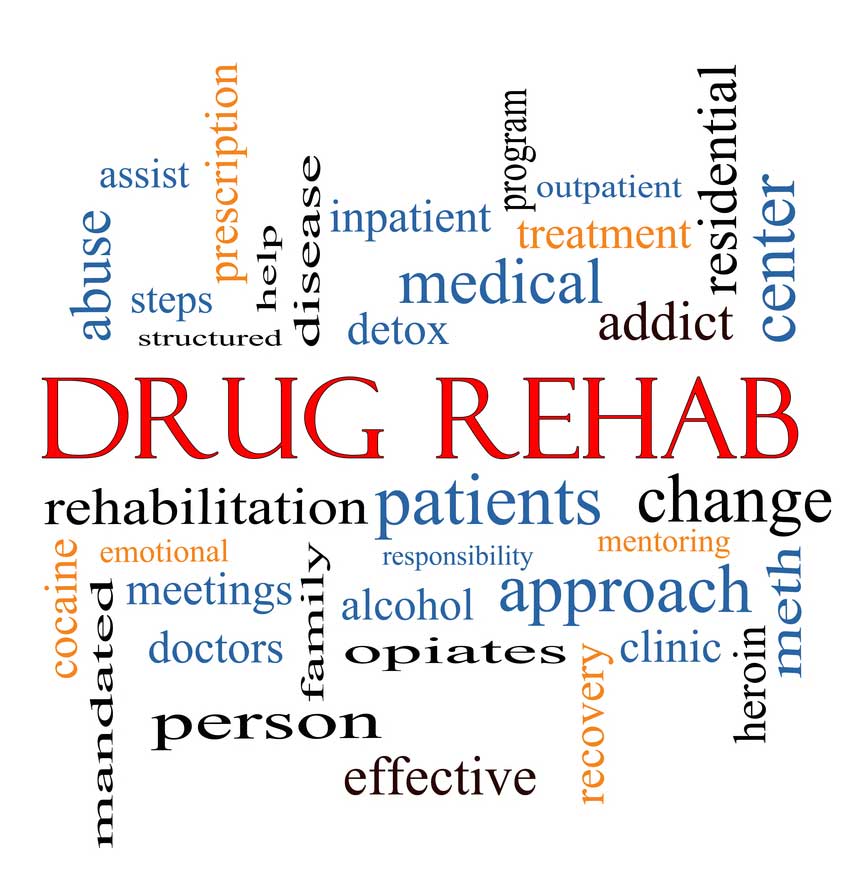 When a loved one is evaluated and labeled as having a dual diagnosis, family and friends often find themselves with more questions than answers regarding the course of treatment.
When a loved one is evaluated and labeled as having a dual diagnosis, family and friends often find themselves with more questions than answers regarding the course of treatment.
What Exactly is Dual Diagnosis?
A dual diagnosis describes the condition that includes both addiction and a co-occurring mental health disorder. Common disorders that occur with addiction are anxiety, depression, PTSD, and bipolar disorder. The familiar conundrum, “which came first, the chicken or the egg,” applies to dual diagnosis, as it can be difficult if not impossible to determine whether the mental health disorder caused or was caused by the addiction. Regardless, treatment for dual diagnosis must take both the addiction and the mental health issue into account and treat them concurrently.
Common Questions About Dual Diagnosis Treatment Posed by Family and Friends
- If my loved one is already in recovery for addiction and goes to AA meetings and/or other treatment programs, is there a reason to address any co-occurring illness?
- The answer is yes. Even if someone is in recovery and seems to be doing well, underlying mental health disorders will eventually compromise their sobriety. Providing therapeutic support or medication for co-occurring illnesses will help prevent relapse and, more importantly, help the person live a happier, healthier life.
- If the co-occurring illness is being treated and controlled with pharmaceuticals, why should we seek dual diagnosis treatment?
- If someone who suffers from and is being treated for a mental health disorder and is also suffering from addiction, dual diagnosis treatment is still the best option to address both issues. Dual diagnosis treatment will take into account the mental illness and how it interacts with the addiction. Treatment professionals can determine whether any changes in the mental health treatment need to be made to keep the person stable as they detox from substances and begin a full addiction treatment program.
Things to Consider When Seeking Dual Diagnosis Treatment for Your Loved One
- Does the treatment center have experienced psychologists and clinicians as part of their staff?
- Does the treatment center offer an Intensive Outpatient Program?
- Does the treatment center offer any alternative treatment protocols that may reduce dependence on addictive pharmaceuticals?
- When is an inpatient residential program advised for dual diagnosis treatment?
If your loved one is struggling with addiction or dual diagnosis, please contact us anytime. We can answer your questions and help you find a solution.
